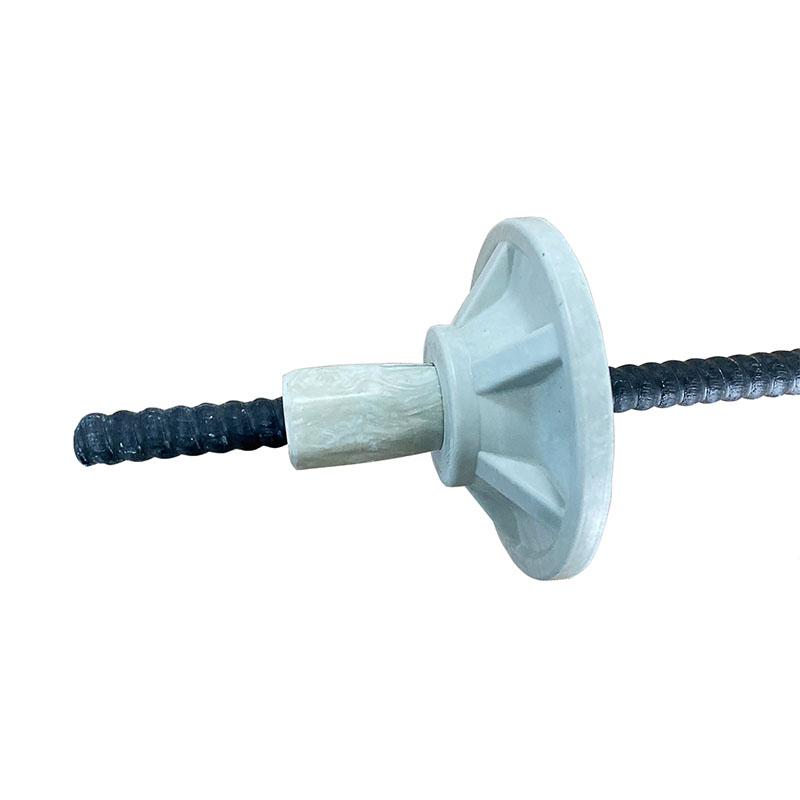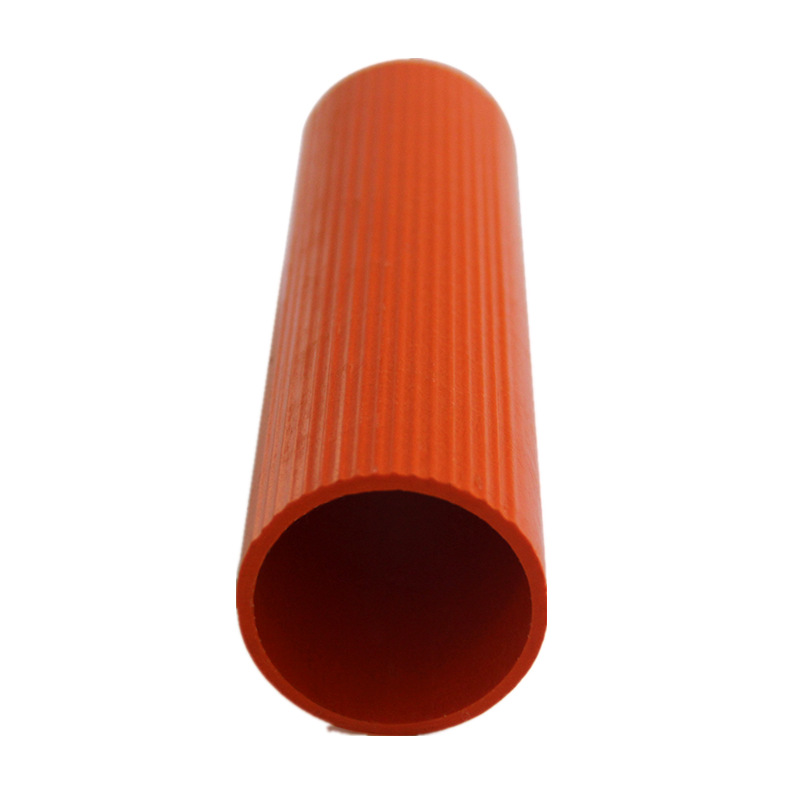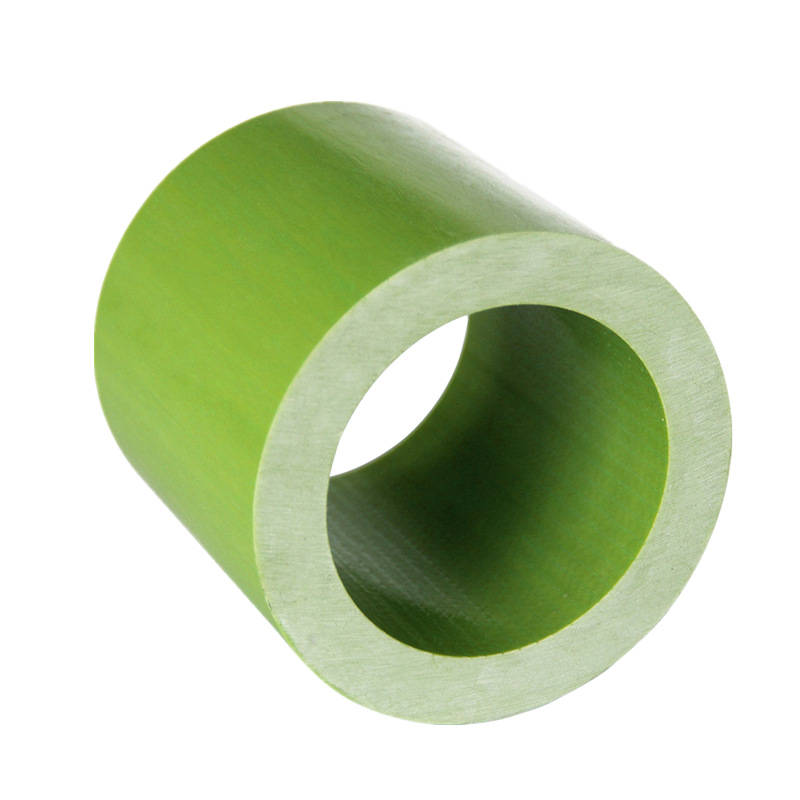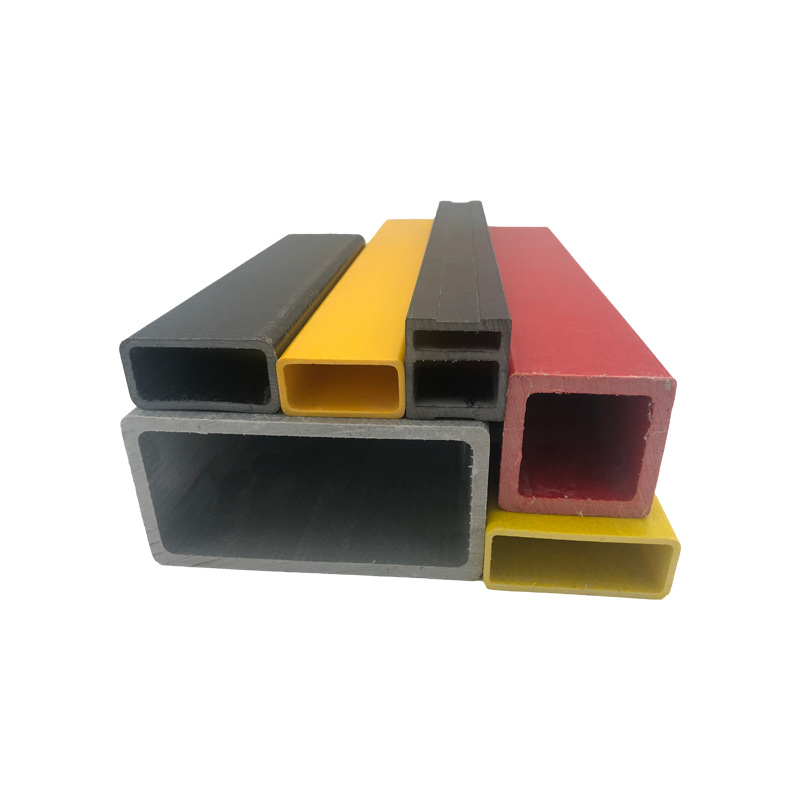Introduction
The construction industry is continually evolving, seeking innovative solutions to enhance structural integrity and durability. One such innovation is the GFRP Water Stop Screw. This advanced component offers remarkable advantages over traditional materials, particularly in environments where corrosion resistance and high strength-to-weight ratios are paramount.
Understanding GFRP Water Stop Screws
Glass Fiber Reinforced Polymer (GFRP) Water Stop Screws are composite fasteners designed to prevent water leakage in concrete structures. Comprising high-strength fiberglass and a polymer matrix, these screws offer exceptional mechanical properties and resistance to environmental degradation. Their unique composition makes them ideal for applications where traditional metal screws may fail due to corrosion or electrochemical reactions.
Composition and Fabrication
GFRP Water Stop Screws are fabricated using a pultrusion process, which aligns glass fibers along the length of the screw, providing superior tensile strength. The polymer matrix—typically epoxy or vinyl ester resin—encapsulates the fibers, offering chemical resistance and structural stability. This combination results in a screw that is lightweight yet robust, with excellent fatigue resistance.
Advantages of GFRP Water Stop Screws
The adoption of GFRP Water Stop Screws in construction projects brings numerous benefits. Their corrosion resistance ensures longevity in harsh environments, reducing maintenance costs and extending the lifespan of structures. Additionally, their non-conductive nature makes them suitable for facilities where electrical insulation is necessary.
Corrosion Resistance
Unlike steel screws, GFRP screws are impervious to rust and chemical attacks, making them ideal for use in marine conditions, wastewater treatment plants, and chemical processing facilities. Studies have shown that GFRP retains its structural integrity even after prolonged exposure to corrosive agents, ensuring reliable performance over time.
High Strength-to-Weight Ratio
GFRP Water Stop Screws offer a superior strength-to-weight ratio compared to traditional materials. This characteristic simplifies handling and installation, reducing labor costs and enhancing safety on construction sites. The material's inherent flexibility also allows for slight movements within structures without compromising the screw's integrity.
Electrical Insulation
The non-conductive properties of GFRP make these screws suitable for installations where electrical insulation is critical. This includes applications in power plants, substations, and areas prone to lightning strikes, where metal fasteners could pose a hazard.
Applications of GFRP Water Stop Screws
GFRP Water Stop Screws are versatile components used across various sectors. Their ability to prevent water ingress makes them essential in constructing underground structures, dams, and retaining walls. Moreover, their compatibility with concrete ensures a secure bond, enhancing the overall stability of the structure.
Underground Construction
In tunneling and subway projects, managing water seepage is crucial. GFRP Water Stop Screws effectively seal joints and prevent leaks, ensuring the safety and longevity of underground facilities. Their non-magnetic nature also avoids interference with sensitive equipment used in these environments.
Marine and Coastal Structures
Coastal constructions are subject to aggressive saline environments that accelerate corrosion. Implementing GFRP Water Stop Screws in sea walls, piers, and offshore platforms mitigates this issue, providing a durable solution that withstands the harsh marine conditions.
Water Retaining Structures
For dams and reservoirs, preventing water leakage is paramount. The use of GFRP screws ensures watertight construction joints, maintaining the integrity of these critical infrastructures. Their long-term performance reduces the need for frequent inspections and repairs.
Case Studies and Research
Extensive research supports the efficacy of GFRP Water Stop Screws. For instance, a study by the Civil Engineering Department at XYZ University demonstrated that structures utilizing GFRP screws exhibited no signs of leakage or structural compromise after five years of continuous exposure to aggressive environments.
Project Alpha: Underground Parking Facility
In Project Alpha, an underground parking facility faced challenges with groundwater infiltration. The incorporation of GFRP Water Stop Screws effectively sealed construction joints, eliminating water ingress. This solution not only resolved the immediate issue but also provided long-term durability against potential corrosion.
Project Beta: Coastal Defense Structures
Project Beta involved the construction of sea walls to protect coastal regions from erosion. GFRP Water Stop Screws were selected for their resilience to saltwater corrosion. After several years, inspections confirmed the screws remained intact, validating their suitability for such applications.
Installation and Best Practices
Proper installation of GFRP Water Stop Screws is essential to maximize their benefits. Contractors should adhere to manufacturer guidelines, ensuring that screws are correctly aligned and embedded. Using specialized tools designed for GFRP materials can enhance installation efficiency and reduce the risk of damage.
Alignment and Placement
Ensuring the screws are properly aligned with the formwork is critical. Misalignment can lead to inadequate sealing and potential structural issues. Precision during this phase guarantees the water-stopping capability functions as intended.
Compatibility with Concrete Admixtures
GFRP Water Stop Screws are generally compatible with various concrete admixtures. However, it's advisable to consult with material specialists to confirm no adverse reactions will occur, particularly when using new or untested chemical additives.
Economic Considerations
While the initial cost of GFRP Water Stop Screws may be higher than traditional options, the long-term economic benefits are significant. Reduced maintenance expenses and extended service life result in overall cost savings. Additionally, the lightweight nature of GFRP reduces transportation and handling costs.
Lifecycle Cost Analysis
A lifecycle cost analysis demonstrates that investing in GFRP technology yields economic advantages over time. For example, a study comparing GFRP and steel in coastal structures showed that GFRP solutions reduced total ownership costs by up to 25% over a 30-year period.
Sustainability and Environmental Impact
GFRP materials contribute to sustainable construction practices. Their corrosion resistance leads to longer-lasting structures, reducing the need for replacements and associated environmental impacts. Moreover, advancements in manufacturing processes are decreasing the carbon footprint of GFRP products.
Reduced Environmental Degradation
By preventing water leaks and prolonging structural integrity, GFRP Water Stop Screws help minimize environmental degradation caused by construction failures. This is particularly important in sensitive ecosystems where structural failures can lead to significant ecological damage.
Future Developments
Ongoing research aims to enhance the properties of GFRP materials further. Innovations include improving fire resistance, increasing load capacities, and developing recyclable GFRP components. These advancements will expand the applicability of GFRP Water Stop Screws in various construction sectors.
Nanotechnology Integration
Incorporating nanomaterials into GFRP composites is an emerging area of study. Nanoparticles can enhance mechanical properties and provide additional functionalities, such as self-sensing capabilities for structural health monitoring.
Conclusion
The GFRP Water Stop Screw represents a significant advancement in construction materials, offering solutions to challenges posed by corrosion and durability. Its advantages in strength, longevity, and sustainability make it an invaluable component in modern infrastructure projects. As research and development continue, the role of GFRP in construction is poised to expand, offering even greater benefits to the industry.



























